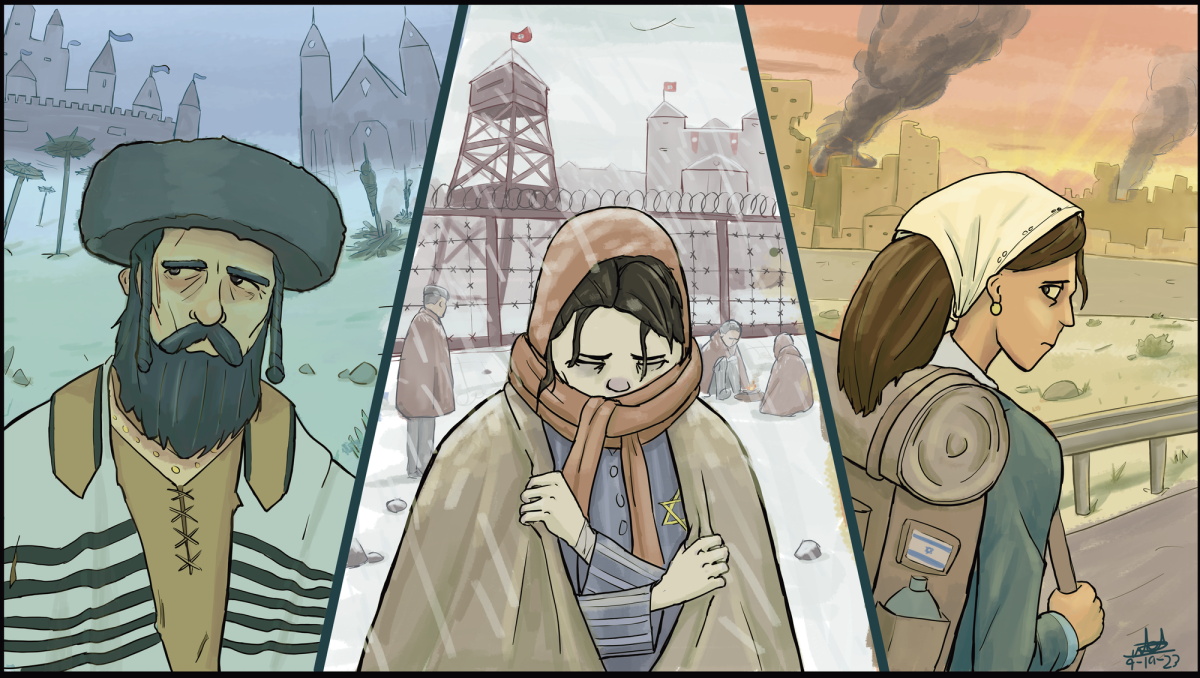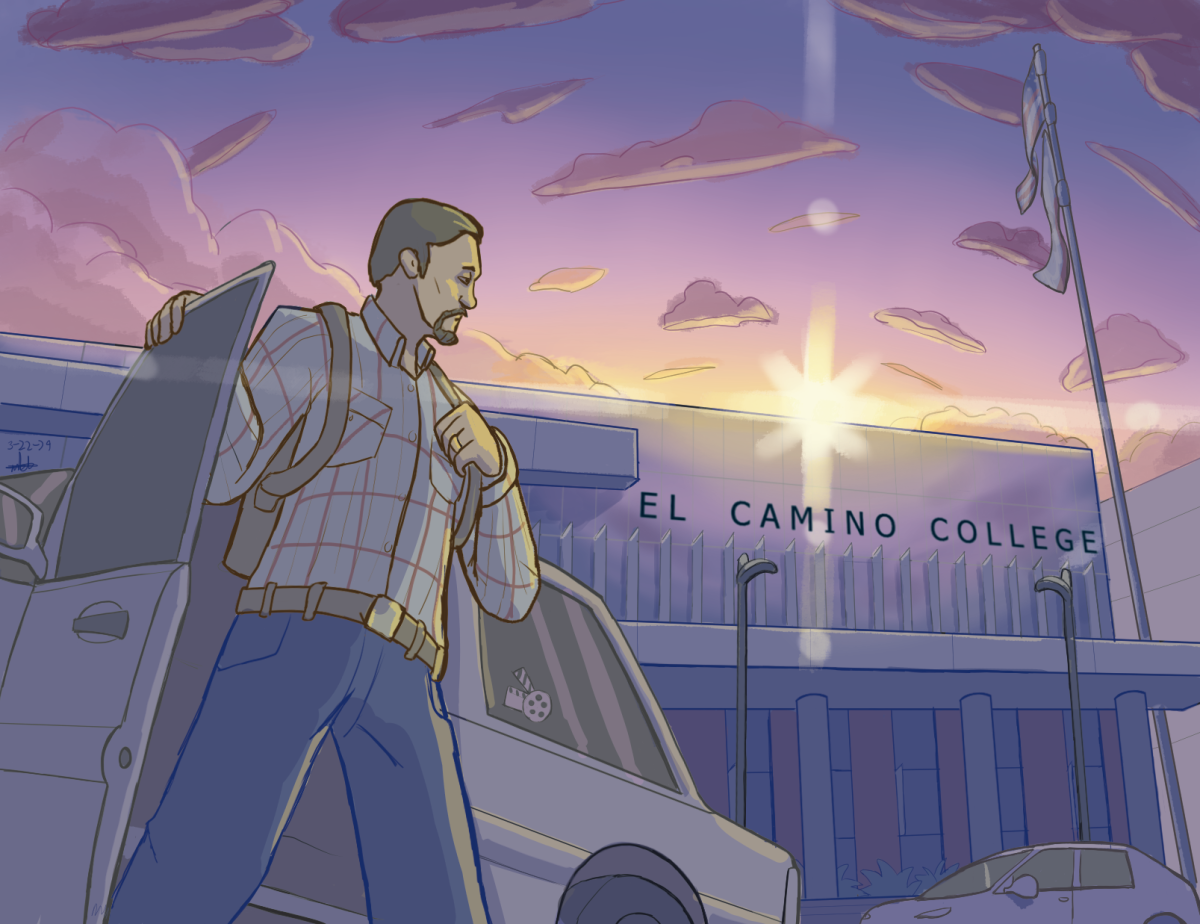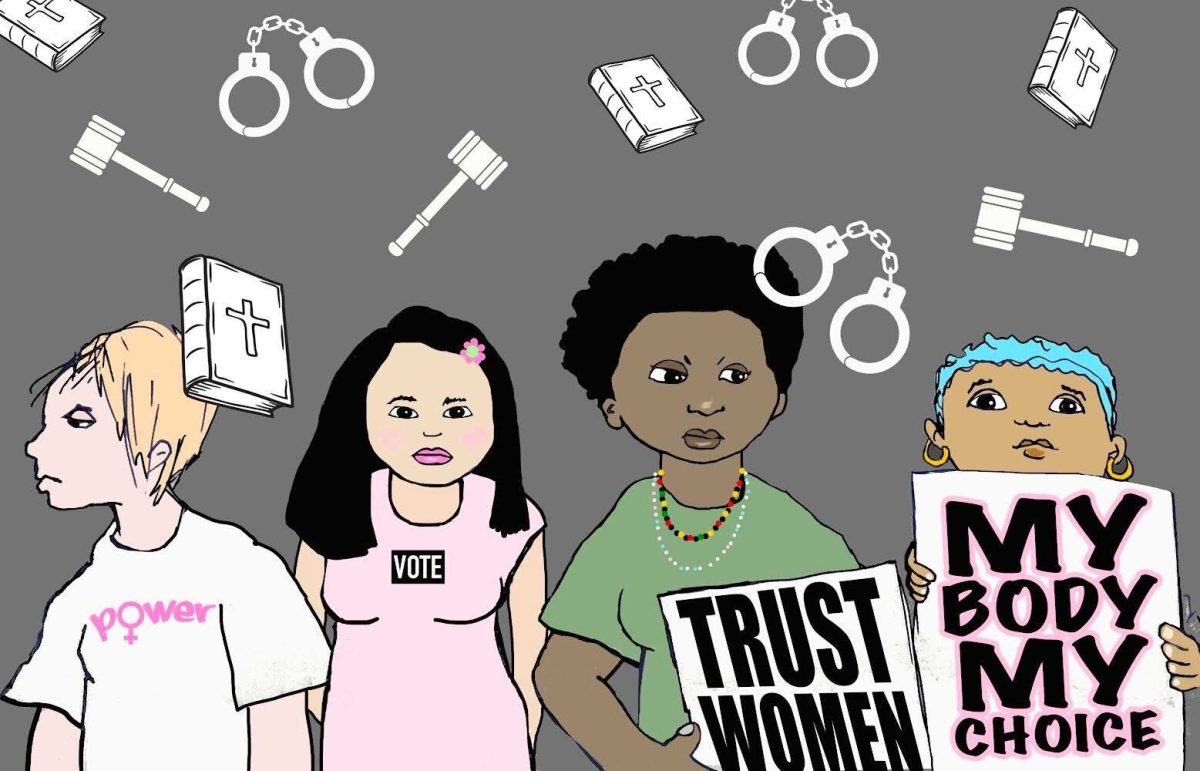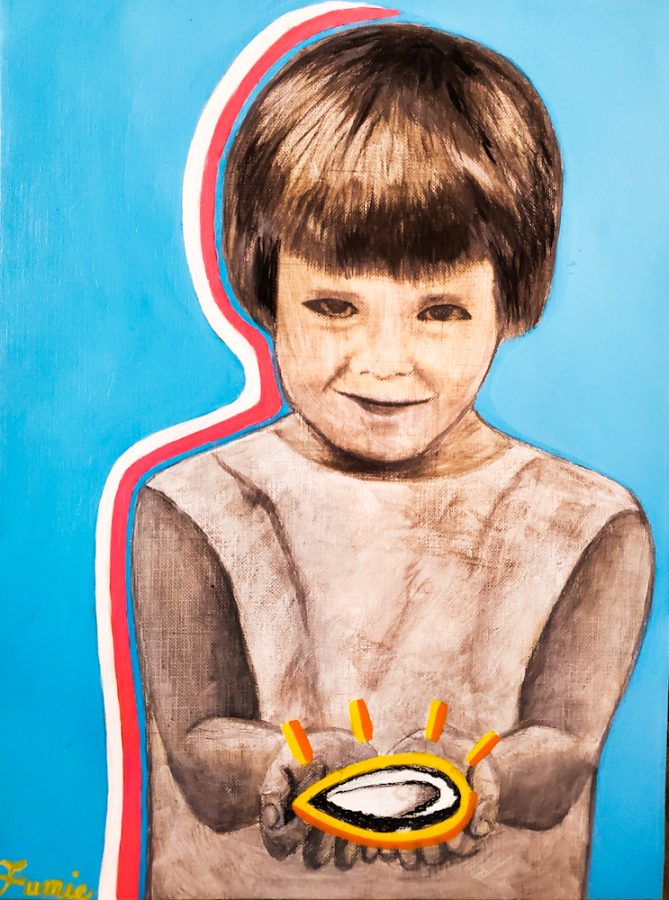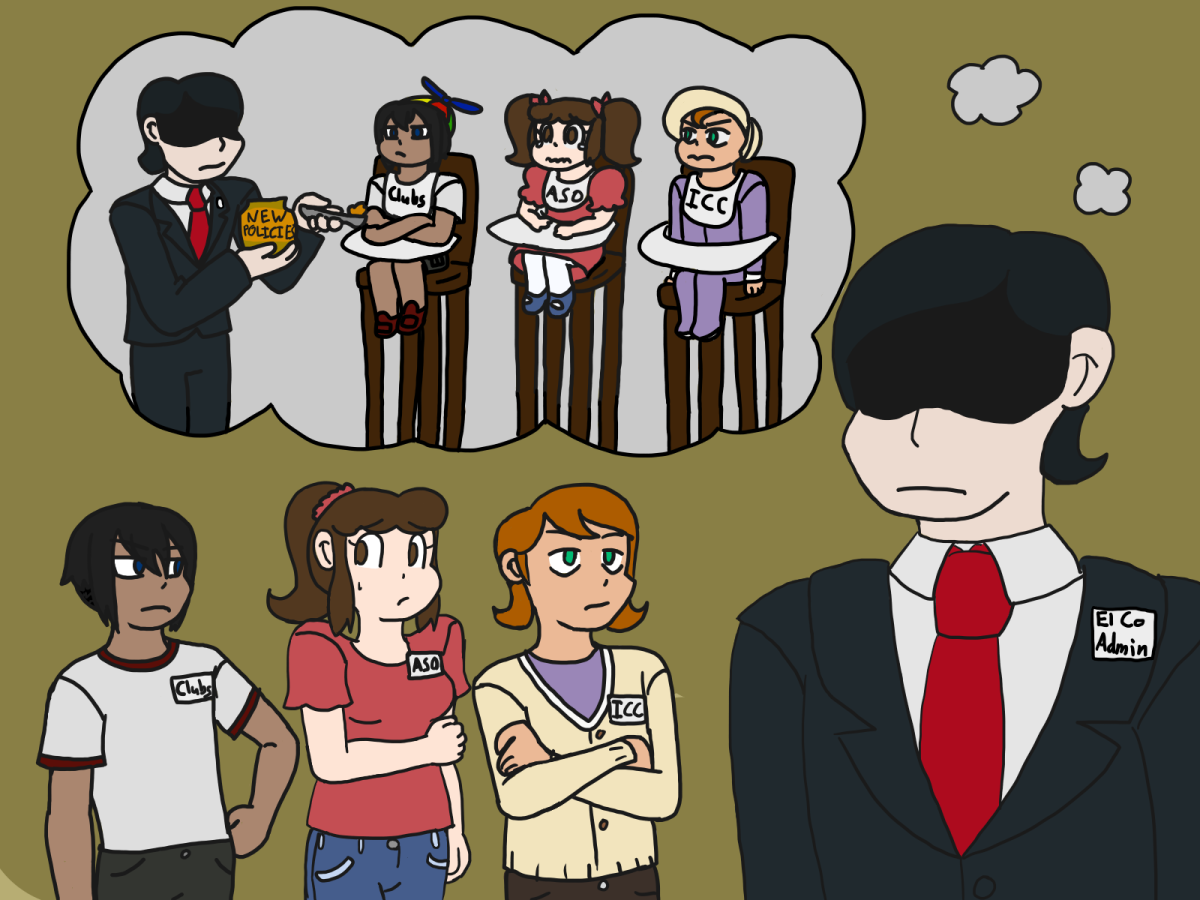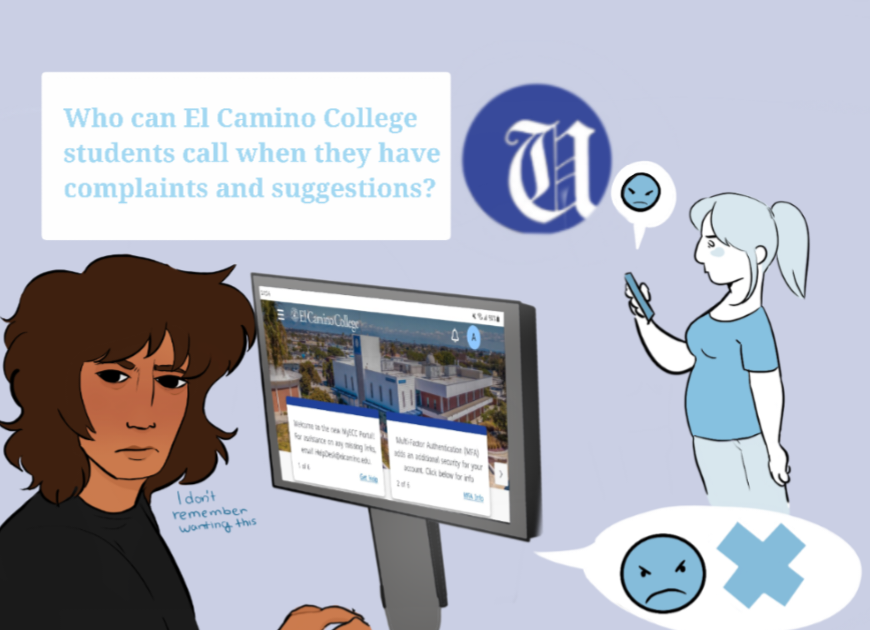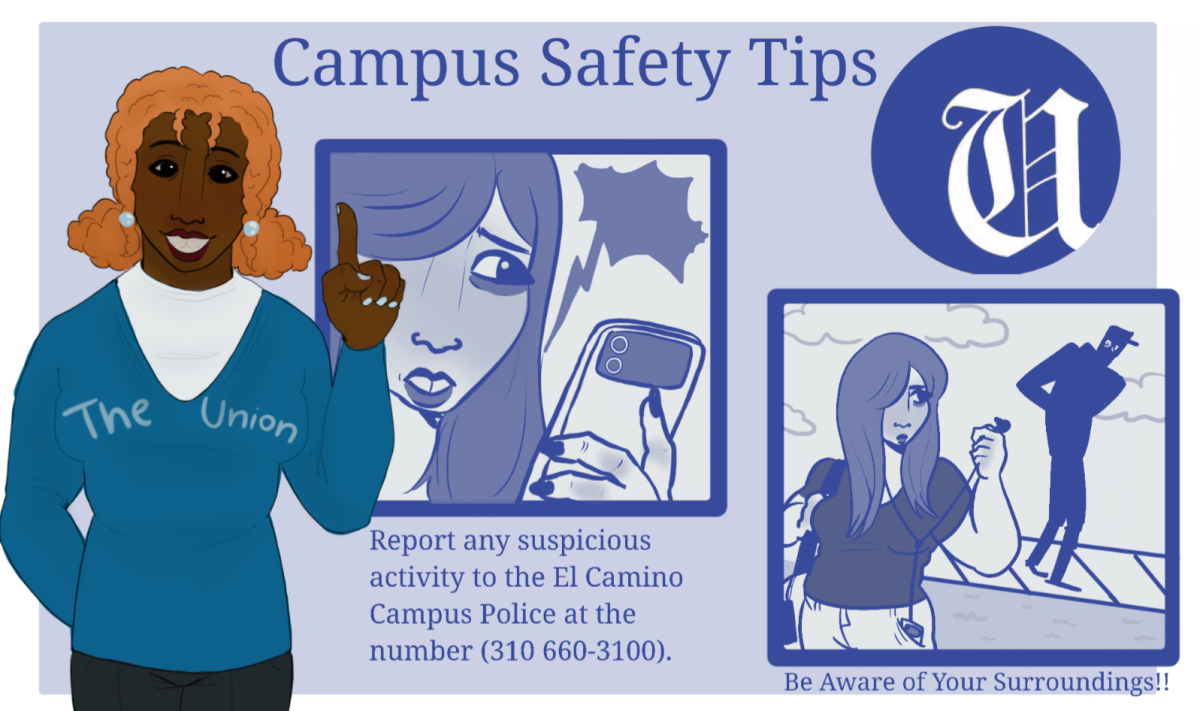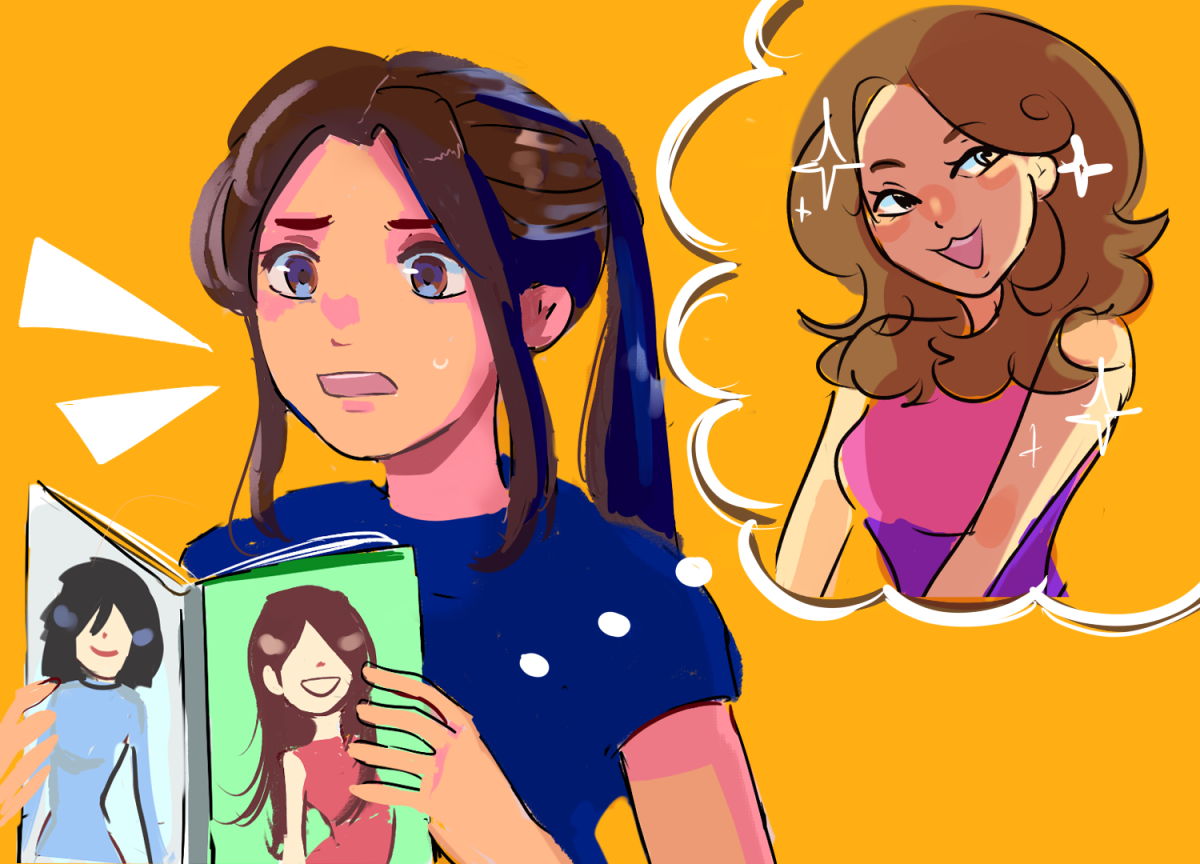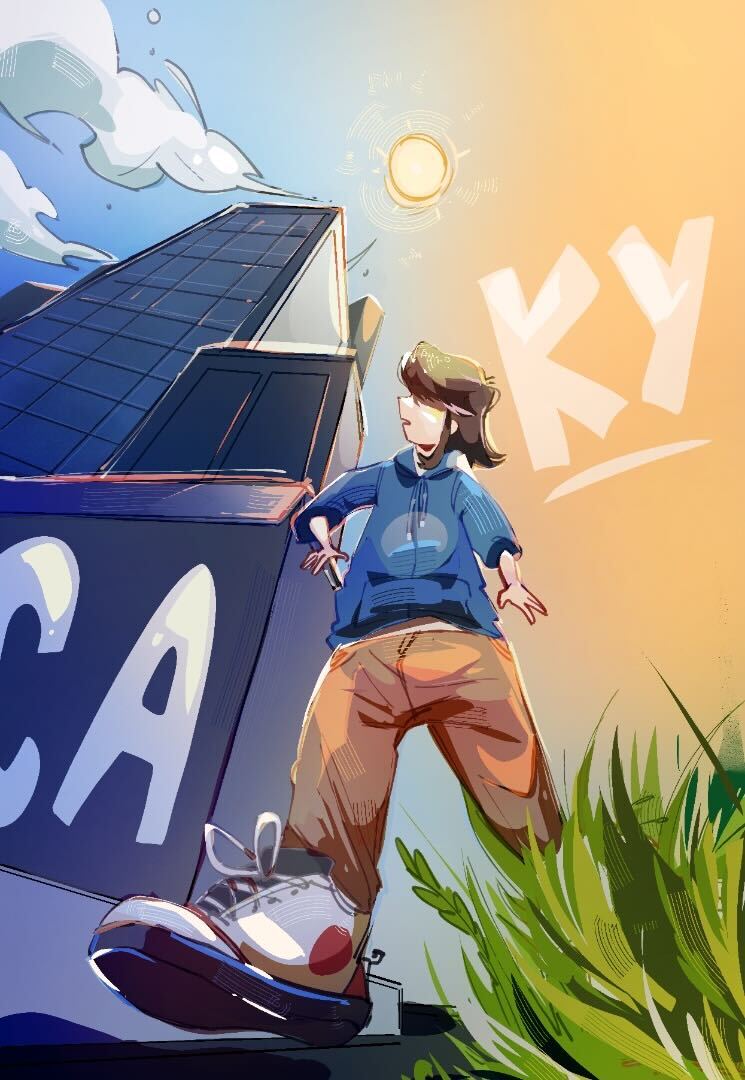When someone thinks of the word ‘literature,’ what comes to mind is probably something like Homer’s “The Odyssey” or maybe something like “Dante’s Inferno.”
It’s hard to imagine there would be a time when something like a comic book, something that for the longest time was known to being a child’s pastime, could be considered something more akin to the ancient great works.
But here we are.
Comic books are literature. Literature is defined as any form of written prose or verse, but even by Merriam-Webster’s stricter definition, which includes the phrase “writings having excellence of form or expression and expressing ideas of permanent or universal interest,” comic books still count.
Comic books have long been associated with the socially awkward adult-children, those that constantly walk around passionately deliberating comic book lore like full-blown legal advocates for why their client is the strongest in the universe.
But in reality, comic books have proliferated through much of popular culture.
A lot of the early TV from the 1990s was based on a comic book.
The “Teenage Mutant Ninja Turtles” from Mirage Studios is an example of an early comic book that inspired a whole franchise that would make a variety of cartoons and even feature films.
Even today, shows like “The Big Bang Theory” have popularized the concept of comic books as more of a normal pastime.
Sure, it can be argued that they are really more like science nerds in general, seeing as they are all some form of scientist or engineer, and it’s supposed to be more about the struggle of the awkward science nerds than the comic book nerd.
But they still dedicate a gratuitous number of scenes in a comic book store and various part of the episodes are dedicated to some subplot involving a piece of comic book paraphernalia, so the comic book influence is still strong in the show.
Now that’s not a bad thing, and it’s actually part of why comic books should count as literature, even by the strictest definitions.
Clearly, there is universal interest.
An extreme example today of that universal interest is the opening weekend for “Avengers: Endgame.”
Sure, “Avengers: Endgame” isn’t a comic book. It’s a movie inspired and derived from various separate comic book series, but at the end of the day, the characters come from the comic books.
The characters have been adapted to play out better on the big screen, but their essence is drawn from the comic book: roots and ideas that someone put on paper through pictures and words and have effectively attracted millions to invest time and money during any release of their movies.
“Avenger’s Endgame” represented around 90% of all U.S. ticket sales during its weekend release, according to CNBC.
In contrast, the same can’t be said about something as fundamental as our own democracy.
About 60% of eligible voters vote during presidential election years and about 40% vote during midterm elections, according to an article on fairvote.org.
Comic books clearly have deep roots in our culture as comic book sales in North America have increased over the last 6 years.
In 2018 it marked its highest sales at $1.095 billion, according to Comichron, a website devoted to comics circulation history.
Imagine how many more people would be interested in learning about history or math if they could present the information in an easier format to digest, such as in the form of a comic book.
A comic book’s conversational structure would make it easier for people and students to absorb information since its being presented in the form of a normal conversation rather than being presented as a wall of text diluted with technical information and expositional connections.
Having a few classes that treat comic books as actual literature would be interesting, seeing as they clearly have an influence on our popular culture.




